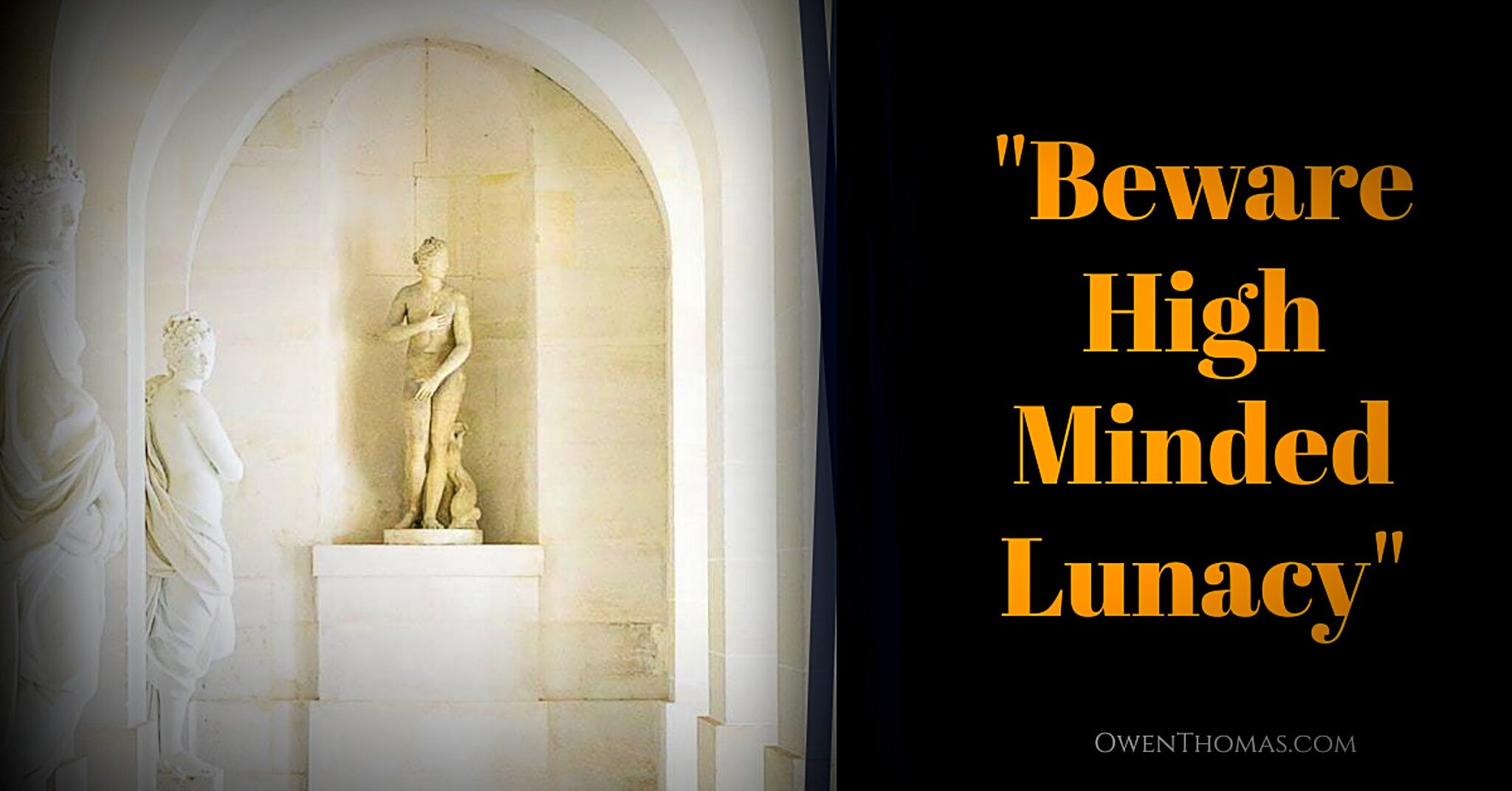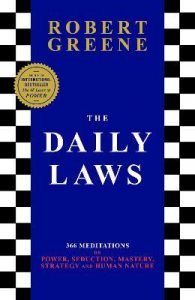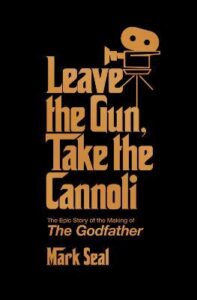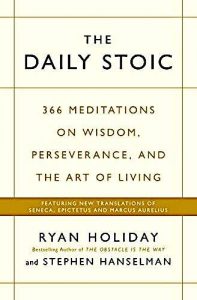“Generations come, and generations go, but the earth remains forever.” Ecclesiastes 1 – 4
Gangs of rabid iconoclasts rampaged the cities and countryside, destroying statues and historical memorabilia. They were angry and were re-writing history to begin anew. You would be forgiven for thinking this was the end of the second decade of the twenty-first century, but it was not. It was 1528 in Basel, Switzerland. This rampage was not modern Wokism, where we were busy tearing down the statues of Thomas Jefferson or Winston Churchill, but the Protestant Revolution, and it was well underway. The city had been declared protestant, and the more radicals had taken to the streets, and destruction followed. Statues were defaced and torn down, gold and precious jewels stripped down, and the wood used as firewood. These were scenes repeated over and over throughout Western Europe.
Hans Holbein, that great portrait painter of the Tudors, fled the city and found himself in King Henry the Eighth’s England. Here, he would find work in Henry’s court and witness the founding of a new church and the destruction and looting of the catholic monasteries under the hand of Thomas Cromwell. The goal is to establish Henry as the head of the church, destroy the power base of the Roman Catholic Church, and of course, fill the King’s coffers. Ever adaptable, he turned his craft to creating the portraits that gave the Tudor period its power and prestige. The ideal propaganda for a king and a country on the rise. Yet he would see great works of art of friends and family destroyed in anger and the irrationality of high-minded and unquestioning belief take hold. It resulted in extreme folly and lunacy.
Image is reality when it comes to power.
If you take the time to wander around England, it is littered with once beautiful churches and monastery ruins. Its cultural heritage, however flawed, destroyed. Many of those wandering tourists would shake their heads and wonder why. Couldn’t those Tudors see or understand what they were doing? Today we lament what might have been.
Of course, the most ridiculous thing is that on one side of the English Channel in the 1500s, we had Catholics burning the Protestants, and on the other, we had the English persecuting the Catholics. It wouldn’t take too many years to see protestants persecuting protestants – all for some supposed moral high-minded cause. The lunacy of humanity has no bounds.
It’s no longer 1528, it’s 2001, and we are in Bamiyan, Afghanistan. If you were a member of the Taliban, you would be there to witness the explosive destruction of the two 6th century Buddha statues carved into the cliff face that tower over the valley below. One is 180 feet tall (55 meters) and the other 124 feet (38 meters). The area was a holy site for Buddhists on the ancient Silk Road between China and Europe. It was surrounded by old monasteries and was once home to festivals and celebrations for pilgrims and travellers.
When the Taliban announced their destruction, the international community was in an uproar. Many countries, including India, Pakistan, Saudi Arabia, and the United Arab Emirates, protested their destruction. The Japanese government offered several solutions to save the statues, including covering them from view, paying the Afghan government money, or moving them to Japan. Many Afghans themselves were also against the destruction of the statues.
Yet the Taliban, labelling them as un-Islamic, brought them down using heavy explosives after initially attempting to destroy them with artillery.
Now, in 2021, with the US leaving Afghanistan and the Taliban now back in control, eager to present a softer image, the area is a tourist attraction where tourists visit the giant holes that once housed the mighty statues. It’s a witness to the madness and irrationality of humanity and the power of high-minded lunacy when emotions are running high. A testament to the power of unquestioned ideas that sink into powerful, sanctioned, tightly held beliefs that must be upheld at all costs, without thought for consequences both now and in the future. The lunacy that if we just erase the cause of our distress, all our pain and historic memories will go away. If we just hold the line, all will be well. When our high-minded beliefs or pain blind us to the future and perhaps prospective suffering, we may bring about. The loss of ancient history, wisdom, and ideas that may have given us insights into what we too may leave behind is no longer possible to behold.
“Stupidity is the same as evil if you judge by the results.” — Margaret Atwood
A few years ago, my parents sold the family home to move to a retirement village. In preparation for the move, they were tiding up and clearing out 30 plus years of life in a four – bedroom, two kitchens, and two – bathroom home. They were moving to a 2-bedroom home. There was a lot that wasn’t going to fit. Many things were sold with others being offered to family and friends. My father wanted me to have the family stereo. I kept refusing. Looking back, it reminded me of all the things I “hated” and given me pain. Dad had purchased it when he was still a minister of religion, before a doctrinal crisis in the church that had led to bitter infighting and destruction of many lives’ careers and life callings for many including my father.
At 53, it would take him years to recover and rebuild a meaningful life.
I remember the excitement when he brought the stereo home and the joy we experienced in its assembly. The pleasure I shared with friends as we marvelled at the latest technology. There was the music I listened to as the families’ foundations and my own calling in life disappeared almost as fast as the violins at the end of ABBA’s “Dancing Queen” and my friends who failed to understand.
I later used the components of the same stereo to craft the five music albums that helped pull me out of the financial and emotional malaise after a friend destroyed a successful business I had spent eight years creating. Whilst those albums have brought joy, motivation and comfort to thousands, including myself, the memories of their creation were not always easy to bear. Inanimate objects seem to have the ability to hold memories far greater than we wish to recall.
Over the months, as my parents and family cleaned out their home, my dad repeatedly asked me, “did I want the stereo?” I kept turning it down. I suggest he sell it to the local second – hand HiFi store.
Several months later, I sat looking at the large Samsung HD TV that a dear friend had given me. When they upgraded to a new version, it came with no speakers. I had dummied up a small Bluetooth portable speaker as a temporary measure. It was apparent that I needed to get an amp and better speakers, and I realized my stupidity. I had turned down the very thing that I needed some months before. Not only would I have to invest more money to set it up, but I had missed the opportunity to rebirth something that had pain attached and use it to bring joy to my life. To change its meaning, re-interpret its history and hence my own life.
Before he took the stereo to the second-hand store, my father asked me one last time, “did I want the stereo?” I relented and said I didn’t want it all, but I would take the LP turntable as it had a unique design which gave its sound reproduction and extra nuance. That turntable sits in my living room attached to nothing at all, a testament to my lunacy, perhaps even high-minded emotionally charged lunacy and folly. It’s a statue of my refusal to understand my irrationality and willingness to leave pain behind. It is a constant reminder of my failure to step back and think rationally about the consequences of my actions and a reminder not to make the mistake again.
Our emotional lives drive us even when we are naive enough to imagine they do not.
“You like to imagine yourself in control of your fate, consciously planning the course of your life as best you can. But you are largely unaware of how deeply your emotions dominate you. They make you veer toward ideas that soothe your ego. They make you look for evidence that confirms what you already want to believe. They make you see what you want to see, depending on your mood, and this disconnect from reality is the source of the bad decisions and negative patterns that haunt your life. Rationality is the ability to counteract these emotional effects, to think instead of reacting, to open your mind to what is really happening, as opposed to what you are feeling. It does not come naturally; it is a power we must cultivate, but in doing so, we realize our greatest potential.”
― Robert Greene, The Laws of Human Nature
I have a dear friend who is one of the best entrepreneurial accountants I know. He has the skill to make sure the numbers add up and that business flair to know what to do next and where to invest the time and money to get the optimum outcome. A few years ago, he was promoted to the CEO position of a significant winery in a wine-growing region of South Australia. As part of that promotion, he and the board decided to have a leading business consulting firm do psychological profiling of all the key management in the company. They wanted to understand the dynamics of how the team may work together and prohibit any potential conflicts that may arise. I caught up with him not long after their reports. I was intrigued by what they had revealed, and my friend wanted to share their findings.
The study had revealed he had talents and abilities that made him a great leader; A leader who would more than likely succeed at taking the company in new directions and growing the business successfully. However, there was one major caveat or flaw, if you will. They describe him as a great general who, after conquering the mountains and defeating the enemy, would look around and back at his troops only to discover that he had managed to kill many in the conquering, and any survivors would be wounded and unfit for battle.
The goal and drive to build new business, create new jobs and bring much-needed revenue to the regional area of Australia was an admirable purpose. But it would assuredly be high-minded lunacy if the methods of pursuit of the goal would lead to the destruction of the very heart of the enterprise, its people. The unintended consequences would be immense.
It is difficult to see our blind spots. Most of us lack my friend’s courage, who sought out his strengths and weaknesses. We are not willing to invest our time and money to understand our one marvelous and only asset – ourselves. Yet, like my friend, if we do so, we are better equipped to manage ourselves and the goals to which we aspire. We can avoid the pitfalls of lunacy, especially if it’s back by pseudo-moral and high-minded beliefs.
Of course, there have been times when the wise head prevailed when their moral code stepped back from lunacy. In the twenty-first century, we are now busily removing fig leaves and various other accoutrements from our great works of nude art placed there in more prudish times. We aim to restore classic work to the artist’s original intentions, at least to our current world view.
However, for the most part, this will not happen. Pseudo-moral and high-minded beliefs are intoxicating and, with their often-simplistic world view, seductive. Pseudo moral righteousness allows small-minded people access to power when it is usually out of reach. They are unlikely to give up this power easily and, more often than not, double down on beliefs to strengthen their position. These childish ideas allow politically savvy politicians leverage to maintain or gain power. They break down complex problems and sell “attainable utopia“, and all can be well if we just follow some simple steps which they control.
To the ancient Greeks, far more harm is caused in this world by stupidity and incompetence than outright evil. Those who are overtly evil can be combated, because they are easy to recognize and fight against. The incompetent and stupid are far more dangerous because we are never quite sure where they are leading us, until it is too late. – Robert Greene
However, it is possible to avoid such outrage and lunacy if we accept and teach change more readily, avoid stagnation and rigidity, and do not allow for a build-up of resentment. This resentment allows for more exaggerated narratives and an apparent “moral” highground to be created.
Of course, it is easy to say; not always easy to do. For to see change when it is easy, to act on it, and to respond to its gentle whispers is a lesson we don’t eagerly seek to learn. The status quo is all too familiar and comfortable, which leaves us vulnerable to high moral sellable lunacy, its ever-intoxicating solutions and its following abuse of power.
Till Next Time – Something to Think About & Share
Resources and Further Reading.
The Laws of Human Nature – Robert Greene.
Prohibition – Ken Burns documentary.
The Daily Laws – Robert Greene







